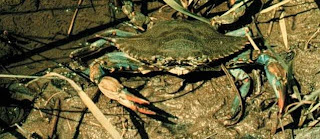 HOLLY GAFF, assistant professor in Biological Sciences has recently received funding from the Department of Homeland Security FAZD (Foreign Animal and Zoonotic Disease defense) Center through subgrants with Georgetown University and Texas A&M University (Texas Agrilife Research) for her studies on the modeling of Rift Valley Fever.
HOLLY GAFF, assistant professor in Biological Sciences has recently received funding from the Department of Homeland Security FAZD (Foreign Animal and Zoonotic Disease defense) Center through subgrants with Georgetown University and Texas A&M University (Texas Agrilife Research) for her studies on the modeling of Rift Valley Fever. Rift Valley Fever is a viral disease spread by mosquitoes that primarily affects livestock but can be passed to humans, and which is potentially fatal. It is currently found across sub-Saharan Africa, with outbreaks reported in Egypt, Kenya, Saudi Arabia, Yemen and South Africa. With the fact that diseases can be easily moved around the world in a short period of time, introduction to the USA, either intentionally or accidently, could pose a serious threat to both livestock and humans.
Dr Gaff proposes to enhance the modeling of the impact of climate on the spread of the disease. Competent vectors of the virus already exist in the US so these would facilitate the spread of disease to both human and livestock populations. Models would involve components including climate (temperature and precipitation), livestock densities, and populations of the vectors capable of transmitting the virus.












